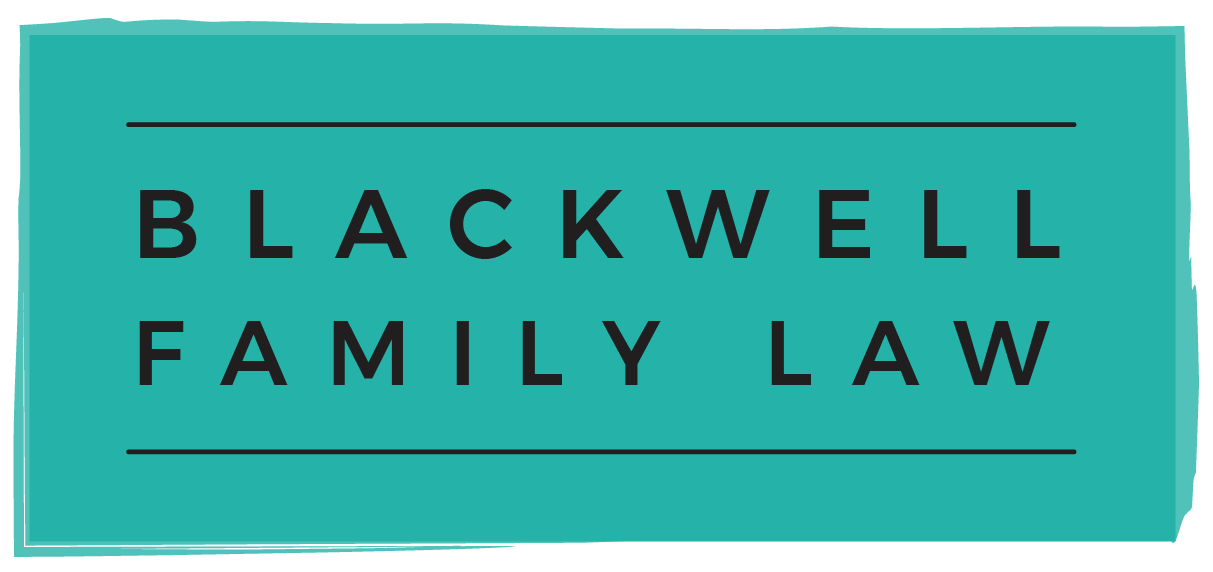Racism is real. The death of George Floyd and the events of the past 10 days have reminded us all of this raw reality. George Floyd was the father of a 6 year-old girl who lived in another city. If he had lived in Toronto, he could have been one of my clients. I wonder, what impact did Covid-19 have on his ability to see his little girl? What impact did it have on his income and his ability to pay child support? None of that matters now because racism took his life. I know that the black men in Toronto who have been my clients have experienced the same racism. The black men who I have assisted as duty counsel at 311 Jarvis have experienced the same racism. Because systemic racism exists in Canada. And, it exists in family law.
When I advise someone about the right thing to do in family law, I am guided by laws that were created by our predominantly white male parliament and then interpreted by predominantly white judges. Although diversity is increasing in both government and the courts, the change that it brings is incremental. I need to remember that historically, the societal norms that were codified into our family law were based on white, western, straight societal norms. I need to consider whether the solutions offered by this law actually provide a solution to the real-life family that my advice affects. I need to consider if racial, cultural or other factors indicate that a different solution would work better. I need to remember that my advice is influenced by my own personal experiences as a lawyer and as a straight white woman. I need to listen to and learn from the experiences of others to overcome that bias.
That is why I have an Equity and Diversity Policy that reminds me that “I have an obligation and opportunity to contribute to the promotion of equality, diversity and inclusion regardless of gender, race, sexual orientation or economic status.” There was heated debate at the Law Society of Ontario over the past few years about whether a mandatory Statement of Principles regarding equality and diversity was an inappropriate infringement on freedom of speech. I never really understood the “stop-SOP” argument for two reasons: First, there is no such thing as an absolute unfettered freedom in the real world; Second, we were able to choose our own words. As a lawyer, I know that words matter. Choose your own and they matter more. But, words alone are not enough. I need to “walk the talk”. I need to remember the unconscious bias that exists in our law, our courts and my own personal experience. To be a good lawyer, I need to realize how this bias affects the advice I give my clients. To be a good lawyer, I need to recognize that racism is real. And then I need to do something about it.

